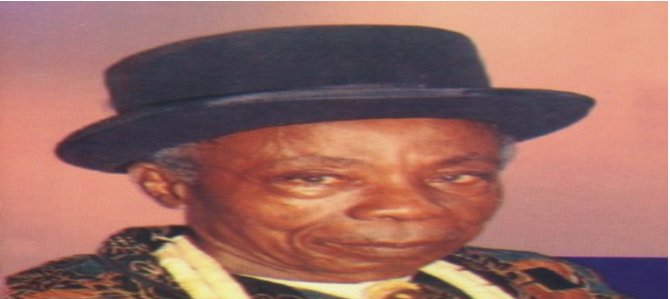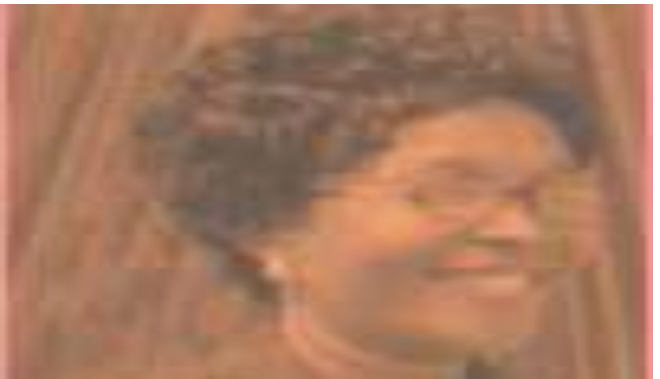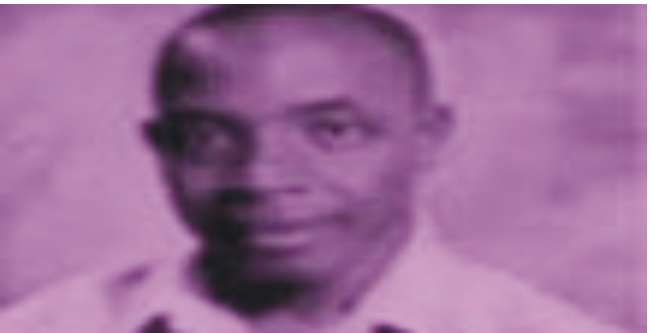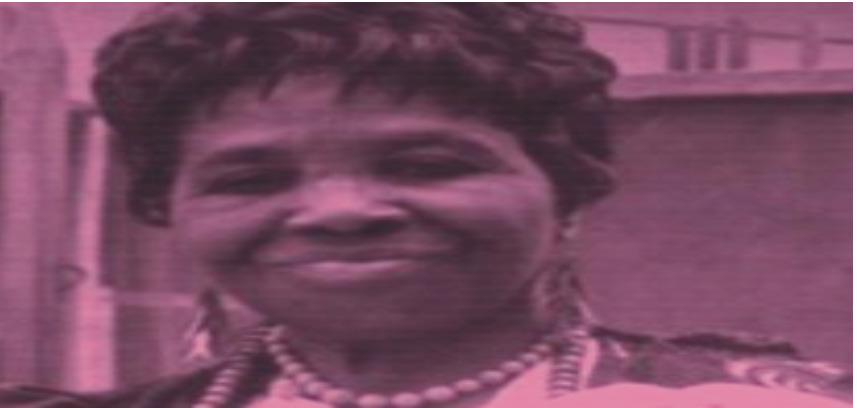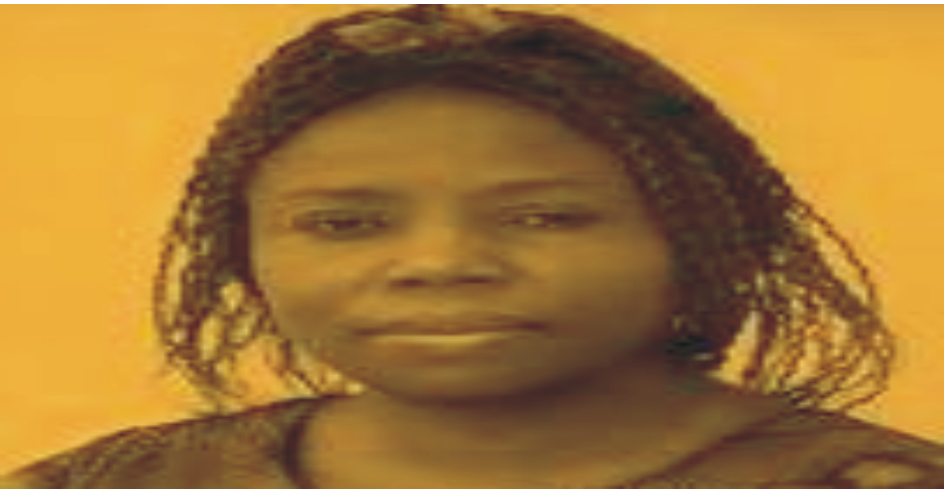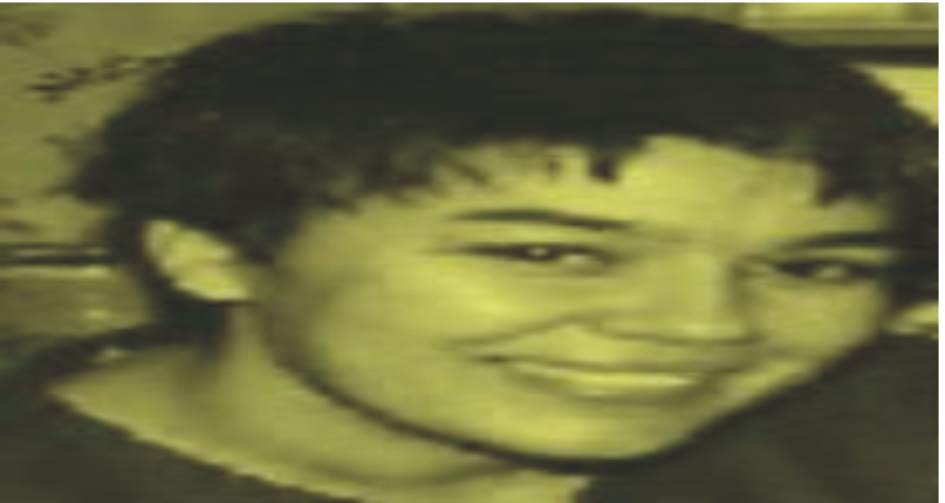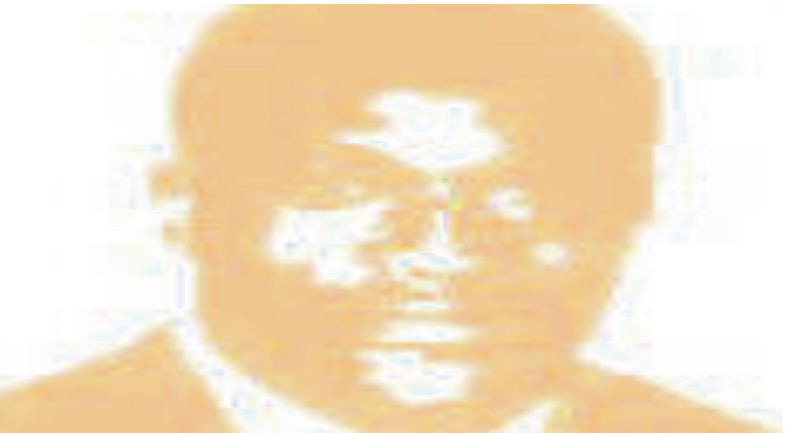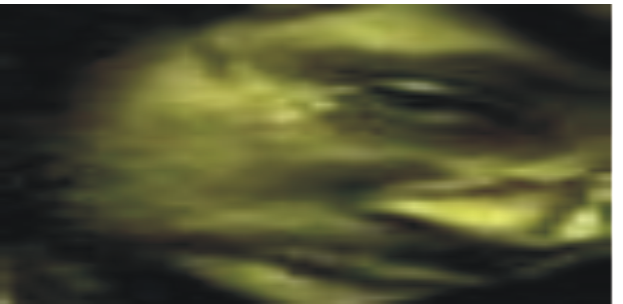TIME passes ever so swiftly. But works of great men remind us we can live a life sublime, and departing leave behind us footsteps in the sands of time – as said the grand Longfellow of English poetry.
Ah, yes poetry! Handelbooks have followed a tradition of support for whole books of poetry, subject which has hardly seen much publisher or reading consideration in African regional or world communities. Yet it is interesting that many African writers had started with poetry and short reads before branching out to other creative literary engagements. But that is a topic for another time.
Here we meet the authors who had fazed critics of poetry and sundry issues of fictional evaluation. Beginning 1999 when the first local edition of African Dirge Poetry was published in Nigeria, we have compiled a brief but useful early information about our authors at the time and period of publishing. And so, almost twenty years after, what we are proud to present in this page is the short introductory paragraph of authors and their profile at African Books Network – as it was written then!
______________
NN Dzenchuo
NN Dzenchuo is one of Anglophone Cameroon’s budding poets. Born on the 26th of February 1977 in Ekona, on the slopes of Mount Cameroon, some four miles from Buea, the regional capital of the South West and German capital of Kamerun, Dzenchuo holds the Cambridge General Certificate of Education (GCE) Advanced Level, engaging in prolific reading and absorbing anything he could find in terms of books, magazines, newspapers, news, etc. He finally travelled to Nigeria where he spent fifteen months studying and researching to become a writer. Of the rising voices in Cameroonian poetry in English, Dzenchuo might become her most promising. With a trilogy of poetry written in the griot tradition, Dzenchuo chronicles Africa’s traumatic history -colonialism, neo-colonialism and the leadership crises with which the continent continues to grapple. He also praises those who have distinguished themselves as heroes and heroines against the ills which the poet condemns. The Negritudinist character of his work is a call on Africans to valorise their roots. Mr Dzen opines that despite years of betrayal and frustration, Africa remains the motherland of humanity – a fact that the black man must accclaim. This call is not new as it started since Cesaire and Senghor yet remains crucial to the continent in the face of contemporary amnesia.
__________________
Christian Otobotekere
1957 graduate of Fourah bay University College, Sierra Leone, Chief Christian Otobotekere holds the degree of Bachelor of Arts (BA) in Economic Studies. He is learned in Latin, English Language and Literature.
Chief Otobotekere is the octogenarian King of Tombia in Bayelsa State, Southern Nigeria. He is also an active member of the Association of Nigerian Authors.
Enormously endowed with philosophical mind and prolific pen, the chief has written well over two hundred poems in seven published books. A multi-talented writer, Otobotekere has a passion to uplift humanity and conserve the environment which has always informed the subject of his many poems.
__________________
Joy Etiowo
Dr. Etiowo is a Nigerian scholar who lectures full time at Cross River State University of Technology, and part time at the University of Calabar in Nigeria. A member of the local Reading Association, Etiowo was involved with IRCALC’s Poetry [NP] Journal projects as editorial assistant. She is published in local and international journals and also has many book chapters to her credit. Mma and other Poems is her maiden book of poems. Her second collection, Echoes, is being expected.
Etiowo’s poetry is a discovery of how to carry the creative burden in few lines; the communication and sharing of other dimensions of looking at the world. She combines the idea of literary entertainment with appreciating those individuals and institutions that touched her life. And in sharing her appreciation of these people and institutions lays the hope that a deeper sense of responsibility, the seed for a better humanity, may eventually follow.
__________________
Joe Ushie
Joseph Akawu Ushie, known in literary circles as Joe Ushie, was born at Akorshi, Bendi, in what is now the Obanliku Municipality in Nigeria. Ushie trained at St. Peter’s Primary School, Bendi; Government Secondary School, Obudu, and University of Calabar where he was student union secretary-general, 1980-1981. He also read at the University of Ibadan for the Masters and Doctor of Philosophy degrees in English. Currently, he lectures at the Department of English, University of Uyo, Nigeria.
Ushie’s poetry collections include Popular Stand and Other Poems (1992), Lambs at the Shrine (1995), Eclipse in Rwanda (1998), Hill Songs (2000) and A Reign of Locusts (2004). Two of the volumes, Eclipse in Rwanda and Hill Songs, have earned him some honourable mention at the 1996 and 2004 annual competitions of the Nigerian authors’ association. He is a fellow of the 2002 Fulbright programme in New York, has been secretary of his university’s Academic Staff Union, and a co-editor of the New Nigerian Poetry journal of IRCALC.
On October 1, 2000, as part of the nation’s Independence Day celebrations, Joe Ushie was honoured by the government of his state for his outstanding contributions to African literature and culture.
__________________
Pauline Kanene Davids
Pauline K Davids, fondly called PK, is a native of Arondizuogu in Idemili county of Nigeria. She attended the then university College Ibadan where she majored in English Literature and History – subjects she was to teach at some Nigerian high schools for many years. After a lengthy service in the public departments of education, Mrs Davids finally retired as principal supervisor in the state primary schools board. At over seventy years of age, Pauline Davids, mother of three, grand and foster mother of several children, continues to write and participate in the religious programs of her people.
PK Davids published the first dictionary of Igbo language proverbs entitled Ilulu Igbo N’ime Igbo: A Textbook of Igbo Proverbs (Onitsha: University Publishing) in 1980. The manuscript of Opuliche completed in 1976 awaited the right conditions for publication until 2002 when the paperback appeared on African Books label. Other writings of Davids include volumes numbering over one thousand poems still awaiting publication. Her poem “In a Type of Quarters” which satirises the alienated educated elite of pre-independence Nigerian social class had appeared in the anthology of New Voices of Nigerian poetry (2006).
__________________
GMT Emezue
Gloria Monica T. Emezue was born in Aba, Nigeria. She attended Government College Ikot Ekpene and the Universities of Calabar and Port Harcourt. Currently she teaches Modern African and American Literature at Ebonyi State University. A mother of three, Dr. Emezue is Africa regional representative, International Research Council on African Literature and Culture [[RCALC] and editor of its Journal of New Poetry [NP] volumes. She is also a member of the Canadian Association of Commonwealth Literature and Language Studies [CACLAS] and the editorial review team of the International Journal of Literary Criticism: Postcolonial Text.
GMT’s scholarship in African poetry received acclaim with her publication of Comparative Studies in African Dirge Poetry in 2001 followed by the textbook entitled Mastering Poetry: A New Approach for African Students. The year 2003 saw the publication of New Voices: A Collection Recent Nigerian Poetry under the auspices of IRCALC, and a text: Survey of American Literature [2004]. Apart from her essays that appear in many journals, Dr Emezue is involved in developmental projects on the literature and culture of Africa and her Diaspora. Her critical volume: Five Poets: A Dialogic Reading of African Poetry, drawn from her doctoral dissertation, is almost due for publication.
__________________
Irene Marques
Irene Marques holds the University of Toronto Ph.D. in Comparative literature. Raised in Portugal and currently living in Canada, her understanding of colonialism and discrimination is generally shaped by an academic background in social work and comparative literature, with emphasis on African literatures in Portuguese, French and English, and Caribbean. Dr. Marques currently teaches world literature and Portuguese at two universities in Canada with a flair for African and Caribbean literature.
Irene uses the technique of mise-en-abime very abundantly not just in her poetry collection but in most, if not all (to a lesser or greater degree) her other writings, whether in Portuguese or English. Her first novel in Portuguese uses the mise-en-abime where there abound many stories (in the form of several diaries) which are all interrelated and which refer to, and complete, one another. This technique is tied to the metaphoric, the use of the poetic, the hidden, the unobvious, the transcendental which are prevalent – but this is something that is done almost unconsciously since writing is also a playful exercise, a game of words, words that become things, and ideas, and moral takes even a way to make the world anew, mysterious, to bring upon wonder, the Russian doll inside the Russian doll inside the Russian doll…
__________________
Chin Ce
Nigerian born, educated at Calabar, reclusive in the neighborhoods of Tema and Lome, Chin Ce had taught at college, worked variously at publishing houses, and settled to travel, research and writing. A member of the younger stream of poets from Africa, his talents span the varied genres as the author of several works of fiction and essays on literature. His commentaries on national and continental issues continue to reveal the insight and imaginative power of an independent thinker.
Chin’s writings evoke a sense of duty, friendship and awareness of the environment and fauna of Africa. His sensitivity as a poet of ancestral memory reveals itself in witty, short, or often long, lines of rebuke to his nationals, some few encouragements, and the expressiveness of feelings like joyfulness, rage or disappointment. Overall, his fictions dwell upon constructs that challenge the individual to positive participation in a constant of changing realities. Although concerned with African societies, profound with Ce is a universal dynamic of public and personal realities with mere options for participants in the drama of life. While his characters become active challengers of status quo, the rigorous dialogues in his narratives nudge toward considering new and less constricting paradigms for redefinition of a place in the universe.
__________________
CW Smith
African-American professor of African languages and literature, founder, Society of African Folklore and the Literary Society International, LSI, Charles W. Smith, has been editorial director and founding member of the International Research Council on African Literature and Culture, IRCALC since 2002.
Smith by solid personal effort has honoured the best traditions of Africa-centered discourses through the journal projects of Africa Research Council in challenging western hegemony of information and cultural dissemination, and fostering new dimensions in African literature and thought. As co-editor of the African Literary Journal, ALJ, Journal of African Literature, JAL, and Critical Supplementary Studies, CS, Professor Smith brought many writers and critics throughout Africa and her Diaspora together in the affirmation of the dignity of their cultures and the originality of their way of life.

